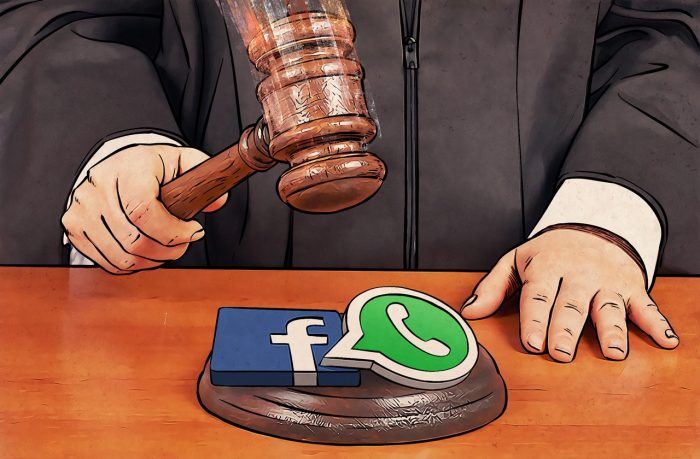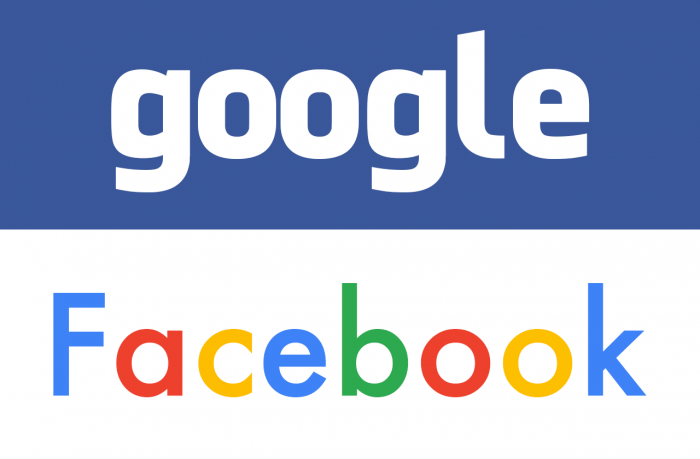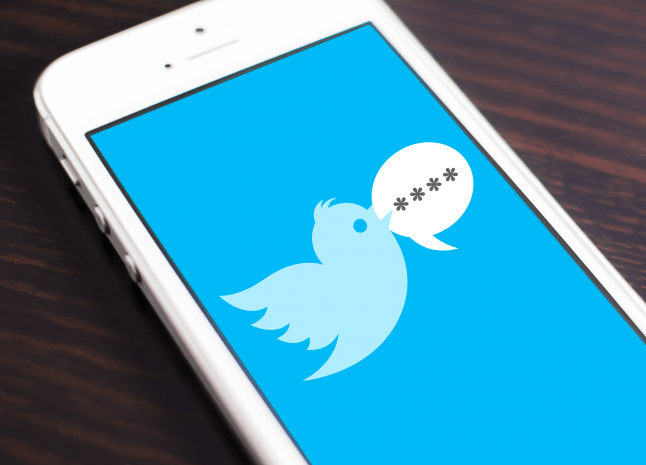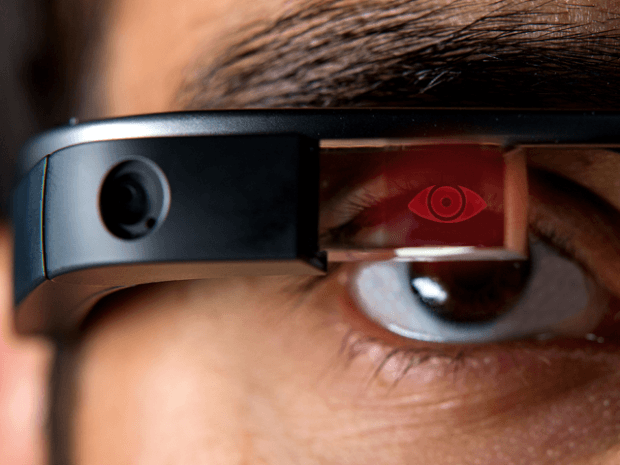
Five reasons mobile apps need protection
Cybercriminals can target anyone who uses your applications; keeping users safe is also partly up to you.
26 articles

Cybercriminals can target anyone who uses your applications; keeping users safe is also partly up to you.

It makes sense to assess risks and carefully craft a protection strategy before adopting mobile device usage at work.

How messages with confirmation codes from banks are intercepted and what can you do to protect yourself.

Encrypted messaging comes to Facebook Messenger for Android and iOS

Germany and India officially challenge changes to WhatsApp’s data-sharing policy.

Mobile banking is easy and convenient, but its adoption rate is still far from ideal.

Mobile ransomware is on the rise. We discuss the most popular ransomware families, speculate on some statistics, and suggest the best means of protection.

A look at the evolution of mobile threats in 2015 and some predictions for 2016

While many mobile applications serve as a mere distraction, these apps can help simplify or streamline your daily life.

Facebook will now let Google index the mobile app from the search engine.

Kaspersky Lab recently announced that it has patented a new technology for protecting corporate data on employee mobile devices.

The experience of forgetting information you trust a digital device to remember for you is called Digital Amnesia. Digital Amnesia’s impact on businesses can range from mere inconvenience to something far more serious.

New allegations against the NSA claim the group hacked into the network of the world’s largest SIM card provider, stealing encryption keys to millions of devices.

Apple malware targets iOS by infecting OS X machines and then swapping legitimate apps for malicious ones as soon as an iOS device connects via USB.

Today, users are readily spending their money on house arrest-style services similar to those used for tracking criminals. They call them fitness trackers.

Twitter debuts a grand but simple plan to replace passwords where your phone number is your username and an SMS-generated code is your password.

Google’s mobile operating system joins Apple’s iOS in offering full disk encryption by default to all users in its newest version — Android 5.0 aka Lollipop.

One simple Android game can get as much information about the smartphone’s owner as a real spy can.

New mobile and wearable devices offer users a robust set of innovative features and utilities but they often face the same traditional threats as old fashioned computers.

Overextended lifecycle of an OS at a certain point becomes a security problem. Will merging all Windows platforms into a single one lead to a shortening of Windows lifecycles?

Microsoft’s announcement that it is going to consolidate all of its major platforms into one is quite a logical move. But what are the possible consequences regarding businesses and cybersecurity?
ACCEPT AND CLOSE
Notifications